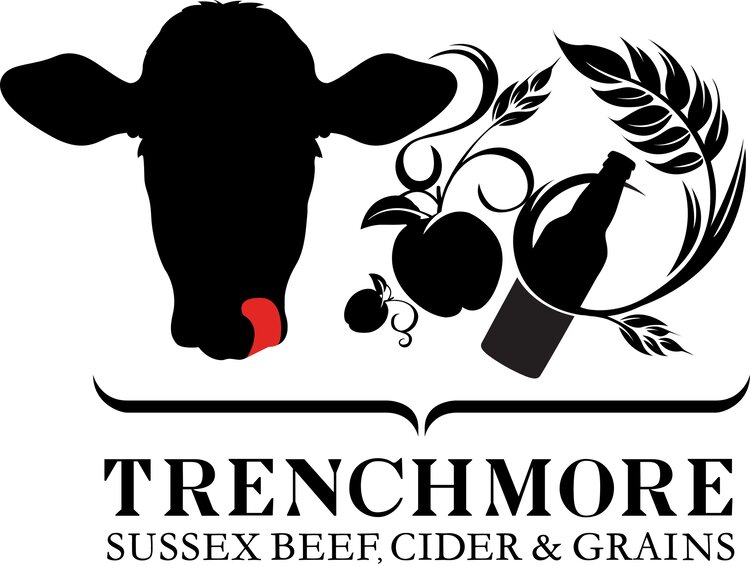Good afternoon,
We first started thinking about expanding our mixed farm offering in January this year in response to the question we’re often asked - where can we find good chicken, locally? As always, we aim to please…
I had an ‘aha’ moment after eating a Fosse Meadows roast chicken for the first time a few years ago - it tasted much more like chicken than anything I had found in the supermarket. It also made a really rich and flavourful stock. I discovered that like most things, there is chicken and then there is… Chicken.
After looking into farmers who are producing really delicious birds, like Fosse Meadows and Tablehurst Farm, we learned that much like beef, the key to flavour is fairly simple - genetics, slow grown, a natural diet and the encouragement to scratch the ground and move around.
A good life makes a tasty and more nutritious meal.
There are other benefits to rearing our birds on grass - small flocks that have space to roam and bugs to find are not inclined to perform the aggressive behaviours towards each other that their stressed out cooped up counterparts might be familiar with.
And then there is the matter of faecal matter. Big scale chicken farms often have difficulty getting rid of their chicken waste. Mixed farmers, on the other hand, know how bloody crucial the stuff is to improve soils and grow lush crops. It will fertilise our orchard and arable fields, saving the need for expensive and polluting chemicals.
True to our style, we have opted for a labour intensive rearing option - two flocks (egg laying hens and table birds for meat) that are pasture raised and rotationally grazed. This is a step further than free range, which offers access to the outdoors but doesn’t move onto fresh pasture very often, if ever.
The table birds live in tractors that move every day. The system keeps them safe from predators, encourages them to move about and gives them access to fresh insects and grass. We plan to get them into the fields to clean up after the cattle once they’ve worked their magic in the orchard.
The laying hens roam in a fenced paddock in the orchard and sleep in an egg-mobile, which moves every couple of days. The egg mobile has a mesh floor to keep things hygienic and allow us to optimise their pooping power.
As with Trenchmore Beef we are growing food for flavour, and improving our soils whilst doing it. We strongly believe the more diverse their diet, the more they move about and the more we engage with regenerative practices, the more nutritionally dense the food is.
We will be selling our table birds online a couple of weeks before they’re ready to collect, and our beautiful pullet eggs are ready to order online today and collect on Saturday. Don’t be deterred by their tiny size - pullet eggs are the first eggs these girls will lay and they are very special. We’re expecting larger eggs in a week or so.

